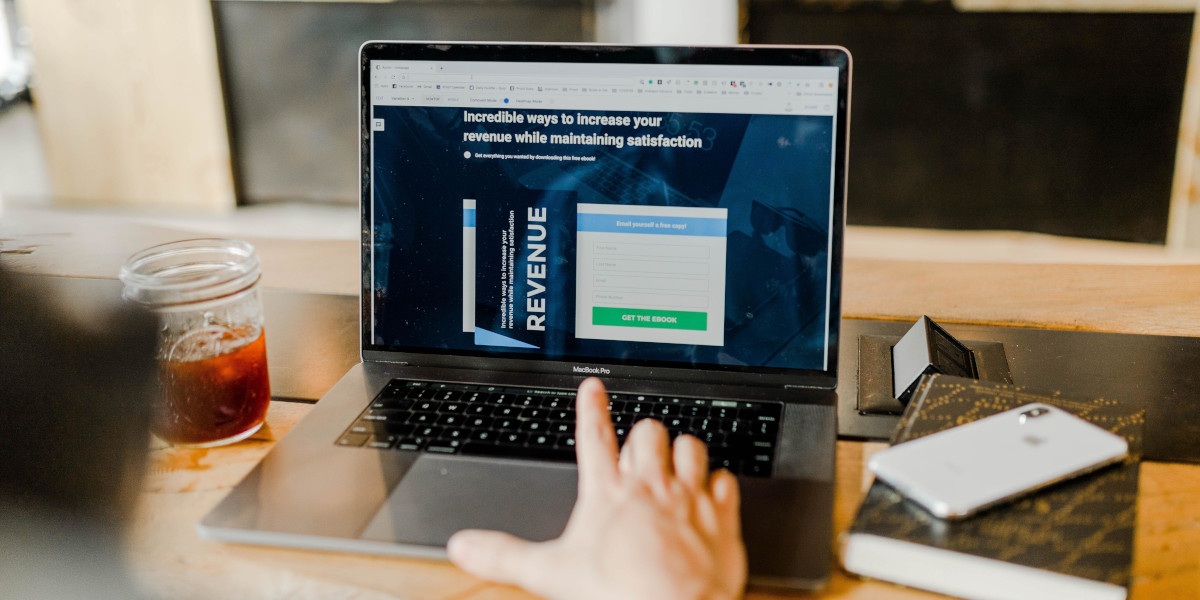According to the U.S. News and World Report, the tax preparation industry consists of around 1.2 million paid workers. These Becoming Tax Professional work on the filing and preparation of requirements from local, state, and federal agencies.
In the U.S., tax preparation businesses generate about $9 billion yearly, and the Bureau of Labor Statistics says that it is poised to grow at about ten percent per year. Here are other things you should know about this industry, especially if you are looking to break into it.
What Are The Responsibilities Of Becoming Tax Professional?
Becoming Tax Professionals have to interview each client they acquire, determine which forms the client needs, and gather the personal information needed for the forms. Typically this includes employer-issued W-2 and 1099-MISC forms, receipts, and verification of health care coverage.
They must also complete the forms. Most preparers use professional tax software that allows them to fill out forms quickly and accurately. The IRS also offers forms for practitioners who prepare only a small number of returns. Finally, they must file these returns. Usually, they do this electronically since this allows for faster processing and refunds.
Why Should A Taxpayer Hire Someone To Fill Forms?
Since they are Becoming Tax Professionals, preparers are likely to have accurate returns, with fewer chances for auditing. The tax code is also complicated, and taxpayers need to have an expert find the legitimate deductions and handle the different tax situations that might arise.
How Do You Become A Tax Professional?
Becoming Tax Professionals undergo basic training, which means investing at least 60 hours in a training course that might cost about $150. Major tax franchises also provide courses that can delve deeper into the practice. Aside from training, tax professionals need experience in preparation. Beginners can work for a tax firm and learn real-world practices.
In some instances, they also need credentials. In California, Oregon, and New York, Becoming Tax Professionals must comply with regulations. The IRS is coming up with an accreditation program as well. Once a would-be Becoming Tax Professional has the right certifications, he can apply for an Electronic Filing Identification Number (EFIN) and an IRS Preparer Tax Identification Number (PTIN).
What Comes After You Get Credentials?
If a Becoming Tax Professional has no intentions of building his own business, he can work for a company. Plenty of businesses offer a stable career growth plan for tax preparers. Otherwise, a professional with the right credentials can start his own business.
For tax preparers who want to become independent contractors, the next step is to structure the tax business. He would need to get an EIN or Employer Identification Number, decide the type of company, file applications for a business license, and submit the formal articles of incorporation.
The Becoming Tax Professional will also have to decide the type of clients he wishes to take. The busiest tax season is in January through April for federal and state income tax reasons. However, this is not the only thing a preparer might have to handle. He will need to accomplish other things like tax planning, remittance of payroll taxes, and handle business tax returns.
Other Things To Remember
Preparers need tax preparation software, as well as a computer, a scanner, and a printer. For professionals who must work out-of-office, it is good to invest in a laptop computer. They must also open bank accounts that will help their operations. In particular, they need at least two—a business bank account and a credit card processing account. Card processing accounts allow MasterCard and Visa transactions, while business bank accounts make it easy for the company to track expenses. It also bolsters the image of the business.
Conclusion
A tax preparation business requires only a small investment of capital. However, it does need time and effort to grow. Once the Becoming Tax Professional has set it up, though, he can expect steady growth from his business.
Use Keystone’s award-winning tax software as you grow your tax preparation business. Our 100 percent cloud-based product allows unlimited e-filing with zero hidden fees, giving you the flexibility you need to ramp up your growth. Contact us today for a free demo or for more information!


